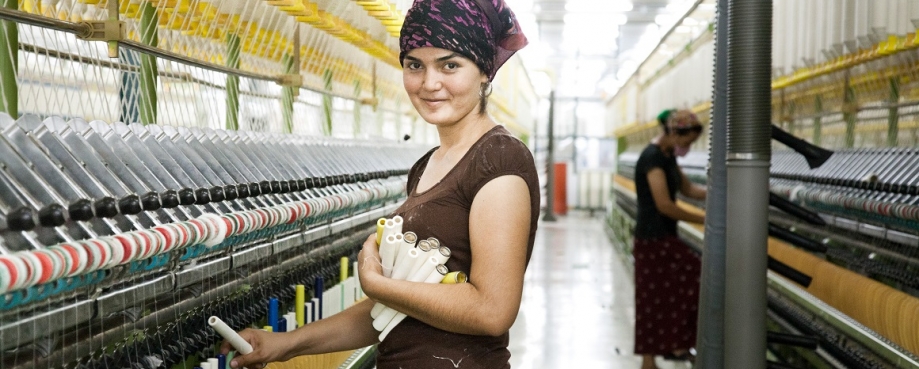
Watch short interviews with the panelists at our recent Ethical Insights discussion, which asked whether fast fashion can ever be ethical.
Whether it's supplying retailers with short runs to ride a trend, or topping up existing product lines, fast fashion looks set to stay.
We brought together some experts in the field and invited an audience to discuss whether fast fashion can ever be ethical. Certainly, the emergence of fast fashion has brought with it a new blend of risks that companies need to guard against. Low cost clothing can lead to insufficient wages being paid by suppliers. Short production runs can make last minute orders difficult for suppliers to meet, increasing the risk of unauthorised sub-contracting. Fast fashion risks making workers less visible and more vulnerable to abuse and exploitation.
Yet our speakers noted that a plethora of well documented risks and sub-standard conditions existed in the industry prior to fast fashion's arrival. They still do. And that fast fashion shouldn't necessarily be treated as a different entity altogether. Challenging, certainly, but by no means insurmountable. With the right approach, fast fashion can be ethical.
Hear the different perspectives of our key speakers in the video below, featuring:
- Chris Grayer, Head of Supply Chain Corporate Responsibility, NEXT Retail Plc
- Jenny Holdcroft, Policy Director, IndustriALL Global Union
- Professor Nik Hammer, Lecturer in Work and Employment, University of Leicester
You can also watch our speakers' presentations in full, here.
